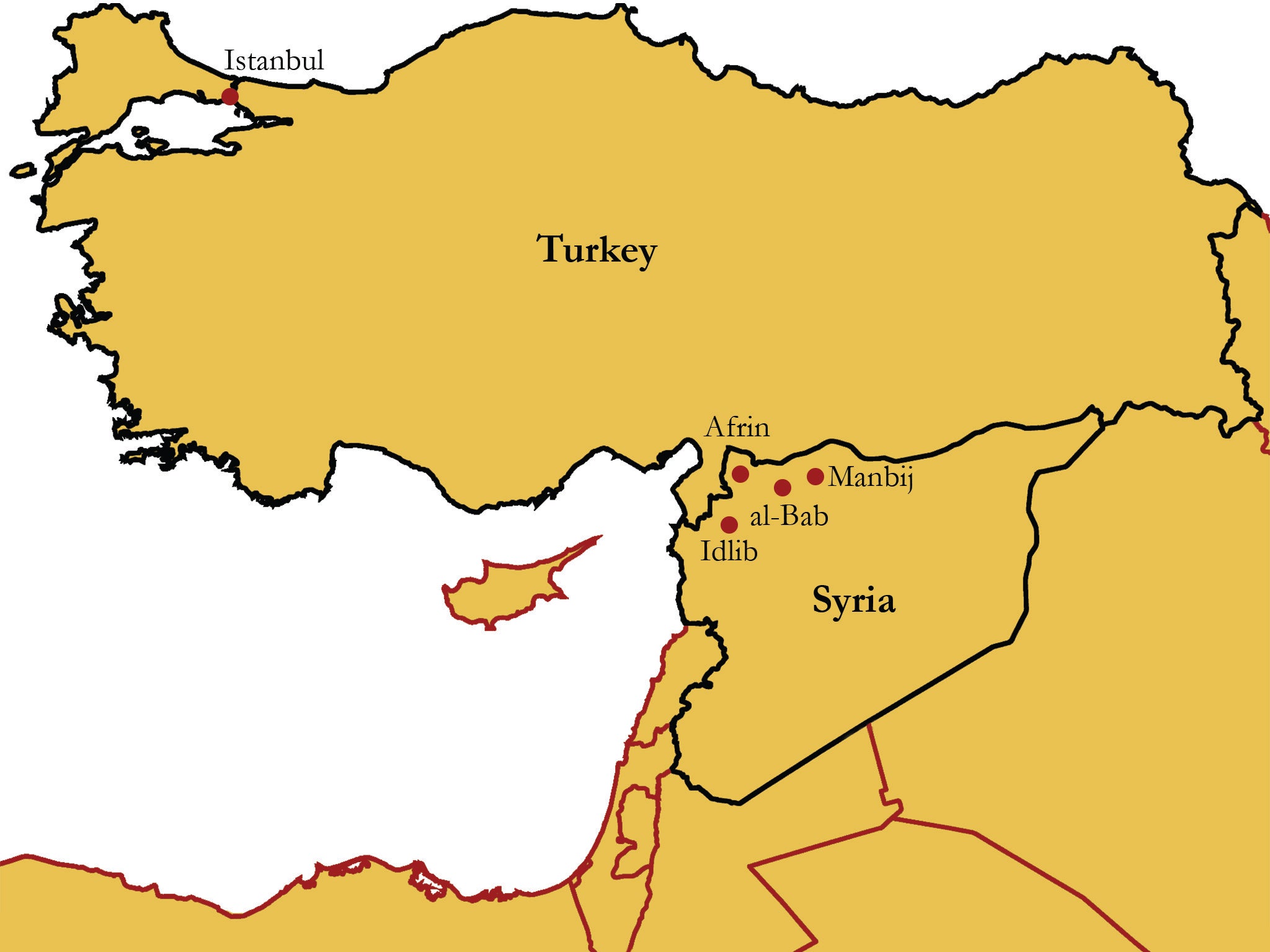Middle East explained: Syrian refugees in Turkey

Continuing his weekly series about the complexities of the Middle East, Ahmed Aboudouh examines Turkey’s major U-turn on Syrian refugees
Turkey is in the middle of a major U-turn on its policy towards Syrian refugees. According to Turkish law, Syrians need an identity paper called the Temporary Protection Permit (Kimlik), an alternative to the refugee status documentation. Turkey is not a signatory to the 1951 UN-refugee convention, and the country of 83 million hosts around 3.6 million Syrian refugees.
Turkey is in the grip of an economic recession. Major cities, especially Istanbul, are witnessing rising resentment from Turks, who see Syrians taking their jobs and becoming a burden on education and health services. Turkish president Recep Erdogan suffered a backlash in the June mayoral elections in Istanbul, where his governing party (AKP) lost to the National Alliance and its candidate Ekrem Imamoglu. Erdogan had previously said if his party “lost Istanbul, we would lose Turkey”.
What will happen next?
The future doesn’t seem very bright for the Syrians. Despite the Turkish government’s emphatic denial of deporting them, it was recently reported that five Syrians, who said they were forced to sign paperwork in Turkish and Arabic, were “voluntarily” returning to Syria. They are usually bundled in a crowded bus with other Syrians and taken to Bab al-Hawa, crossing into Idlib, a northwestern Syrian province controlled by opposition forces and Islamist militants backed by Turkey.
Arab shops have been targeted; several towns have banned Arabic signs, and many journalists and commentators have launched unprovoked attacks on Syrian families enjoying themselves on public beaches. Even speaking Arabic in the street can be dangerous in some parts of Istanbul. Despite his government’s hostile policy towards the Syrians, Erdogan seems reluctant to follow suit in public. He still maintains a subtle approach and boasts about Turkey’s success in absorbing more Syrians than any other country, and talks about the money they spend on them.
What might Erdogan’s agenda be?
Many analysts speculate Erdogan wants to reduce the number of refugees in Turkey without triggering an influx back into Syria. The humiliating defeat in the Istanbul mayoral election was not only a reminder of Erdogan’s clumsy economic policies, but also of his failure to appease disgruntled Turks, who are alarmed by his “open door” policy on refugees. Ekrem Imamoglu, a member of the opposition Republican People's Party (CHP), turned the table on Erdogan by touching a nerve about refugees. He won more than 54 per cent of the votes.
The mayoral defeat puts AKP’s reign in jeopardy for the first time since 2002. The party leadership is mobilising forces to win back the hearts and minds of voters in Istanbul, which is the historical stronghold of the Islamist party. One recent opinion poll claimed more than three-quarters of Turks want the Syrians to leave. Another said a mere 7 per cent were happy with their presence.
But forcing hundreds of thousands of refugees back into Syria carries a bigger risk for Erdogan. It could prove that Syria now, under president Bashar al-Assad, is a safe place. Keeping the refugees in Turkey maintains Erdogan’s policy of depriving Assad of any legitimacy.
Is Syria really safe?
Some areas have been deemed safe. Last year, more than 80,000 refugees visited their families in Syria to celebrate Eid al-Fitr and returned to Turkey. Turkey controls vast areas in northwestern Syria; some Turkish nationalists want the refugees to be sent back to designated camps in these areas. But keeping Syrian refugees in Turkey allows Erdogan to proceed with his plan to invade and occupy more parts of northern Syria. Syrian refugees find themselves at the heart of a geopolitical game. Whoever wins will decide their fate.
Subscribe to Independent Premium to bookmark this article
Want to bookmark your favourite articles and stories to read or reference later? Start your Independent Premium subscription today.
Join our commenting forum
Join thought-provoking conversations, follow other Independent readers and see their replies